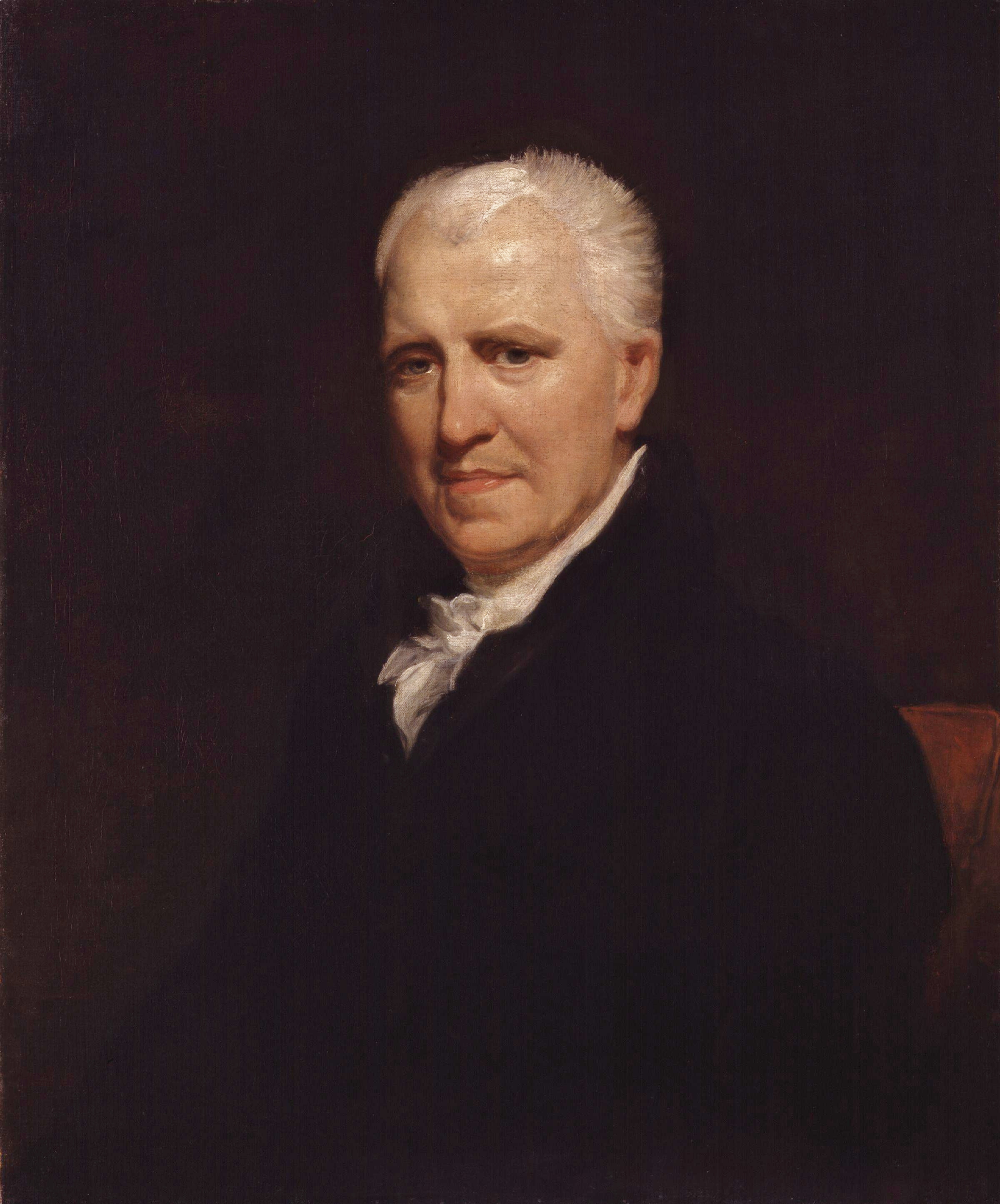George Crabbe byl anglický klasicistní básník, entomolog a anglikánský kněz.
Jeho otec byl výběrčí daní v Suffolku, v roce 1771 se přestěhoval do Woodbridge, kde se seznámil se svou budoucí manželkou Sarah Elmyovou, s níž se oženil v roce 1783, a která ho velmi podporovala v psaní poesie. Svoji první významnější báseň, Inebriety vydal vlastním nákladem. Studoval medicínu, pocítil však náboženské prozření a stal se anglikánským knězem. V roce 1814 se stal farářem v Trowbridge ve Wiltshire, kde zůstal po zbytek života.
K jeho nejvýznamnějším dílům patří rozsáhlé deskriptivní básně Vesnice , Farská matrika Městečko , popisující značně kritickým tónem, protikladným tehdy obvyklému idylickému stylu, způsob života chudých lidí. Ve své době patřil k nejuznávanějším anglickým literátům, přátelil se s Williamem Wordsworthem, sirem Walterem Scottem a dalšími, jeho velký obdivovatel Byron o něm napsal, že je „nejpřísnějším, ale nejlepším zobrazovatelem přírody“. Jaroslav Vrchlický přeložil ve své antologii Moderní básníci angličtí tři Crabbeho kratší mystické básně – Božství, Noc a Srovnání. Věnoval se také sbírání hmyzu a psal entomologické práce.
Wikipedia
✵
24. prosinec 1754 – 3. únor 1832
